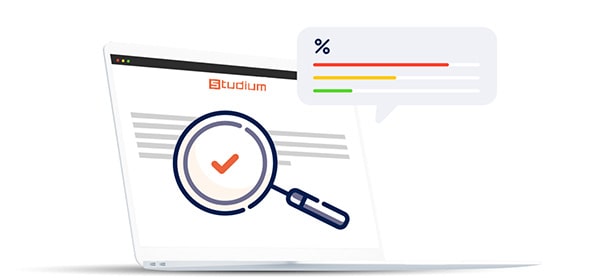Plagiarism laws vary significantly across the globe, with each country enforcing its own set of rules, punishment and penalties for academic dishonesty. From the USA to China, the consequences of plagiarism can range from fines and expulsion to more severe legal actions.
In this article, we’ll explore the plagiarism laws in key countries, including the USA, the Philippines, France, the UK, Germany, Spain, China, and Canada, to understand how different nations tackle this global issue.
Summary:






